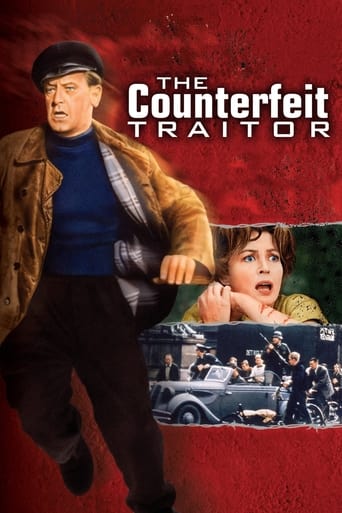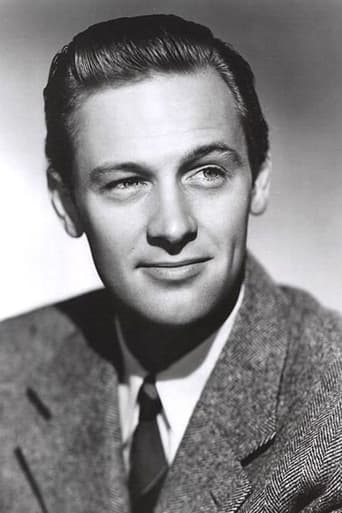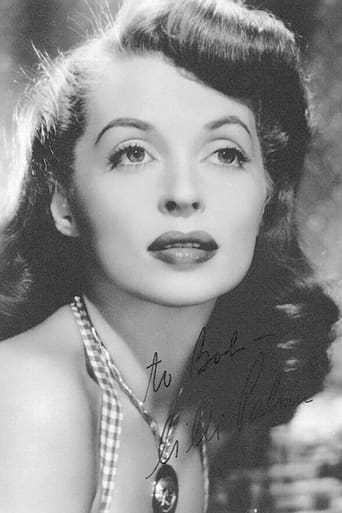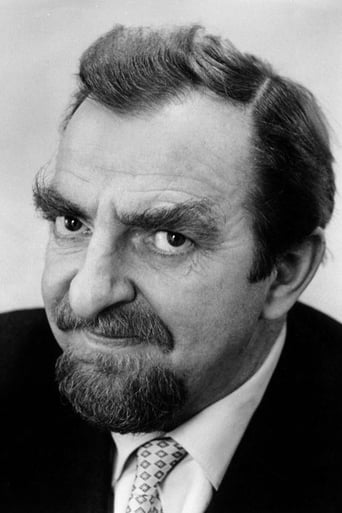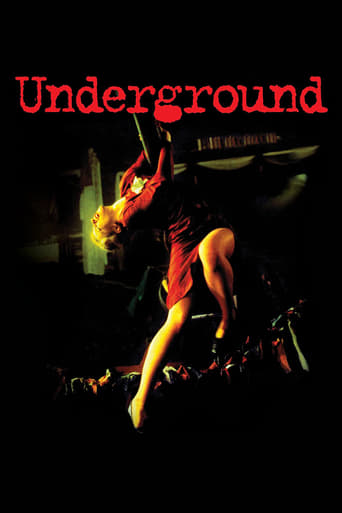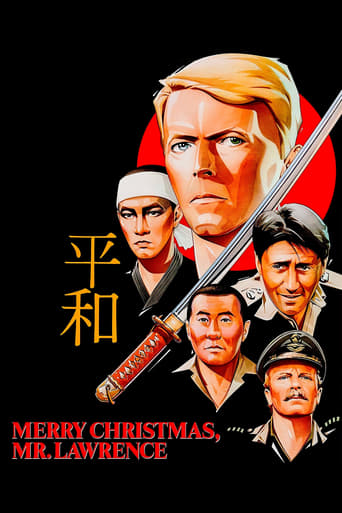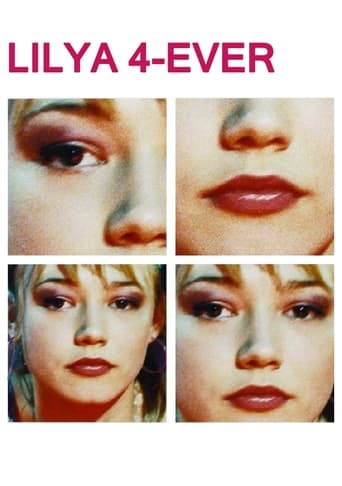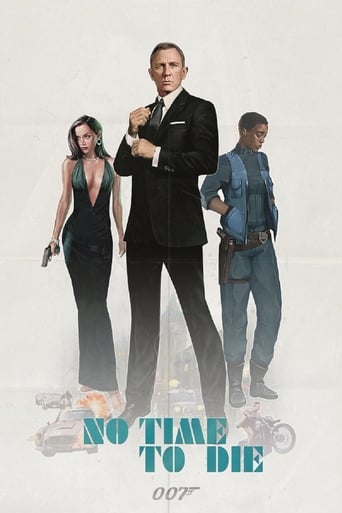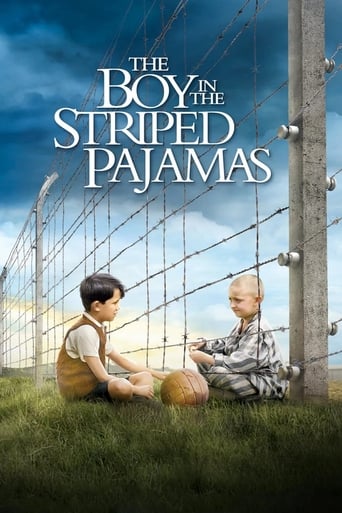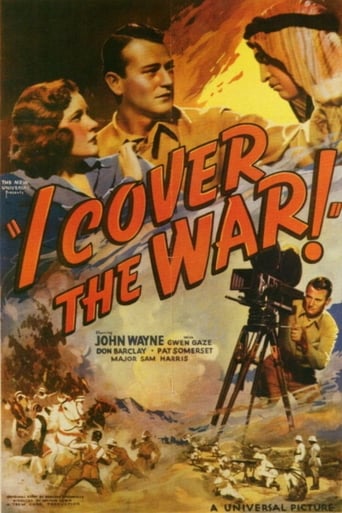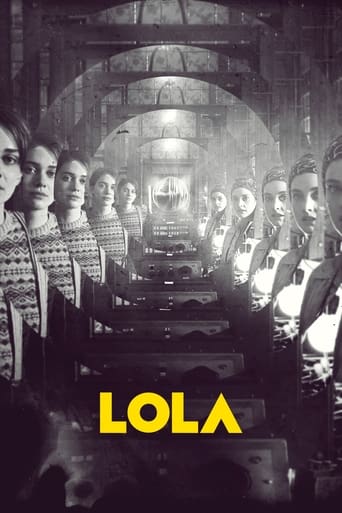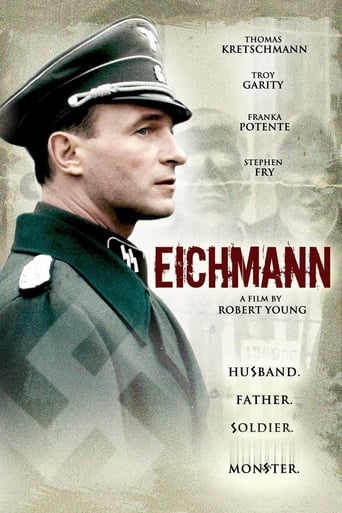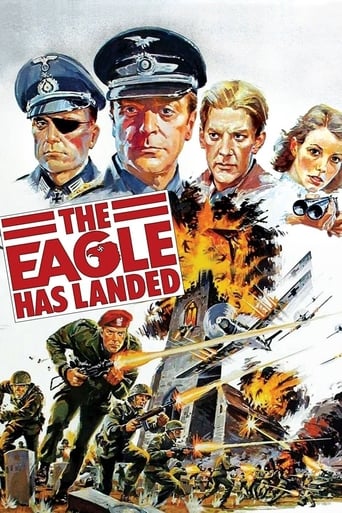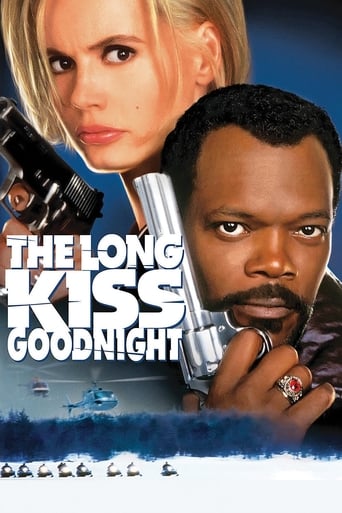The Counterfeit Traitor (1962)
Blacklisted in modern day WW2, a Swedish oil trader opts to assist British Allies, by means of infiltrating and surveying Nazi Germany.
Watch Trailer
Free Trial Channels
Cast


Similar titles
Reviews
Watch something else. There are very few redeeming qualities to this film.
This is one of the few movies I've ever seen where the whole audience broke into spontaneous, loud applause a third of the way in.
A great movie, one of the best of this year. There was a bit of confusion at one point in the plot, but nothing serious.
This movie tries so hard to be funny, yet it falls flat every time. Just another example of recycled ideas repackaged with women in an attempt to appeal to a certain audience.
NOTES: The real-life Eric Erickson was 72 when the film was released, living in "quiet retirement" in Sweden and on the Riviera. He was re-instated in the eyes of his family and friends at a luncheon in his honor in Stockholm on 4 June 1945. Erickson told reporters in 1962 that he still carried in his wallet a photo of Marianne Mollendorf. Location scenes filmed in West Berlin, Hamburg, Copenhagen, Stockholm, and coastal villages of Sweden and Denmark.PRINCIPAL MIRACLE: A real-life story filmed without any major distortions.COMMENT: A well-produced and reasonably exciting spy thriller, which could have been even more forcefully dramatic given sharper playing - especially by the male lead - and more stylish direction. Oddly, none of my American colleagues agree with the above exceptions. All think Holden's performance extremely able, Seaton's direction sharp and vibrant. Not until I read the overseas reviews did I find myself no longer the odd critic out. It's not just simply that Holden plays Holden rather than Erickson, but that his performance for the most part is so tired, jaded, flat and shallow. Rarely does Holden bring Erickson to life. More often he is just an actor who has memorized his lines but mouths them with little expression and no conviction. As a director, Seaton can certainly stage his scenes competently, but he seems to go out of his way to avoid the extra punch of atmosphere and style. With Seaton, the script's the thing. He feels his immortal words need no embellishments. Certainly there is a bit of occasional action, but the dialogue scenes are all played slowly, methodically and monotonously. I'm mighty sick of the sight and sound of most of the players by journey's end. Particularly Hugh Griffith and Ernst Schroder. Those players I still like - Wolfgang Preiss as the Gestapo colonel and Charles Regnier as a German embassy official - have had the good sense not to out-stay their welcome. Even Lilli Palmer, fine actress though she generally is, gives an uneven account of herself here. Seaton's problem as a director is that he's afraid to let himself go. Afraid to trim superfluous or long-winded dialogue, afraid to let his cameraman throw a few mood shadows across his actors' faces, afraid to fully utilize the scenic impact of his real locations, afraid to clap on the pace. To George Seaton, shears and shadows are the enemy. OTHER VIEWS: Ingmar Bergman fans in particular and admirers of Swedish cinema in general are unlikely to be enamored of the cursory treatment accorded Ulf Palme and Eva Dahlbeck, whilst Klaus Kinski followers will be forced to wait a mighty long time to see their idol do a three-minute, no-dialogue stint (though it is one of the most memorable moments in the film). But then neither the Bergman nor Kinski cliques are likely to want to see The Counterfeit Traitor anyway. For $4½ million, neither the producer nor picturegoers seem to have gotten equivalent value for their money. Nonetheless, this picturization of a real-life drama does maintain a high degree of suspense throughout the twists and turns of an often hair-raising plot. Real locations help authenticity, and the principal players (in particular Holden, Palmer and Griffith) come across with honor. - JHR writing as George Addison.
I'm torn over this movie. I remembered seeing it years ago on TV and was blown away by it, so when I saw the DVD was available, I bought it. And despite remembering basically what happens through the movie, I still found myself engrossed in it. But it took some doing, that's for sure.To begin with, it now irritates the hell out of me to see a movie that is set in the forties having women dressed in modern clothes, even though I know it was common in the 50's and 60's for movies to do that (up to BONNIE & CLYDE, basically). The worst example of this is IN HARM'S WAY, that has one woman in a near mini skirt even though it's supposed to be taking place the night before Pearl Harbor. Well, you got that in this one -- Lillie Palmer decked out in the latest fashions of 1962, even though the movie's set twenty years earlier. It's a glaring fault that makes it hard to take the story seriously.Second is the incessant voice over that tells us what we're seeing and how we should be feeling about it. Hate that.Third is the complete lack of chemistry between Lilli Palmer and William Holden, both of whom have been bright and sexy in other roles. I don't know what the problem was, but they act more like they can barely stand each other than as the romantic leads.I think the fault lies mainly with George Seaton, the director. He is a GREAT writer...but as a director he does not understand his scripts and cannot seem to shape them into anything that approaches the hyper-reality of great cinema. I keep thinking of what Alfred Hitchcock could have done with this story, how sexy and scary it would have been.But that's wishful thinking, and even with these flaws, the truth of the story builds and captures you and intensifies and provide some powerful moments. I was engrossed, despite myself. Here's a good movie ripe for a remake with an international cast done by someone like Spielberg or Weir. No counterfeit directors, those two; the only one is the one who directed THIS movie.
Although unappealingly long - 140 minutes to be precise - The Counterfeit Traitor turns out to be an absorbing, disturbing and rather exciting wartime suspense film. It gives William Holden his second-best role of the '60s (surpassed only by his work in The Wild Bunch) and provides good subsidiary roles for Lilli Palmer, Hugh Griffith and Ernst Schroeder.Holden is terrific as a Swedish citizen born in the USA, named Eric Erickson. Erickson is a businessman trading oil from his Stockholm HQ during WWII. Many of his customers are Germans, and quite often he goes on business trips to war-torn Germany leaving the sanctuary of neutral Sweden behind. The British secret service approach him and plead for him to act as a spy, gathering sensitive information for them during his seemingly legitimate trips. Matters are complicated when Erickson meets fellow spy Marianne Mollendorf (Lilli Palmer), with whom he soon falls in love. His mission is seriously jeopardised when her spying antics are exposed, and she is seized by the Gestapo and taken away to be executed.The film is well-made by ever-reliable director George Seaton. Seaton also wrote the screenplay, basing it on an Alexander Klein book, and he must be given credit for fashioning a thoroughly believable and suspenseful story. The film is shot on actual North European locations, and the use of real backdrops - as opposed to the usual studio lensing favoured by Hollywood in the early '60s - adds to the film's authentic flavour. Nowadays, the appeal of this kind of film is sadly limited, but if you have an affinity for this kind of stuff, then The Counterfeit Traitor is definitely a title worth tracking down.
The beginning-the first third overall-is rather tedious ,with too much voice-over.No interesting character emerges and it essentially consists of William Holden's shuttling back and forth between Suede and Germany. One feels like calling it a day but wait....The second third makes Lilli Palmer's character the center of the plot:a very interesting one,this German wealthy woman who betrays her country because of her Christian belief.This spy is not a routine femme fatale but a human being,who is smitten with remorse because the bombing which her informations allowed led to children's death.She has wonderful lines:"in a war,every victim becomes a brother".Two marvelous scenes:the first one ,probably the strongest in the whole movie,shows Palmer in a confessional,telling her sins to a man she thinks is a priest;the second one,she's to be shot in a jail,while Holden desperately tries,behind his bars, to say a last goodbye to her.Lilli Palmer's performance is moving,responsible and sensitive.By the third part,no more Palmer,but the movie has hit its stride.Holden's return to Suede becomes an odyssey,with a lot of traps and his character has grown wiser and more human.He's able to show some compassion,probably the woman's influence.One of the most intriguing characters plays a small part now:a young boy,about 12,member of the Hitlerian Youth,proud of his uniform,he will make your hair stand on end.At the end of the movie,Holden has completely understood Palmer's line about the victims/brothers as the scene with Klaus Kinski testifies.George Seaton has made an entertaining movie,which does not forget to ask questions and to moot responsibility.He does flay the nazi horrors,but he also puts the blame on the English agents ,stuffing themselves with lobster and sipping Champagne,while other people die unnoticed ,simply because the victims are their brothers.

